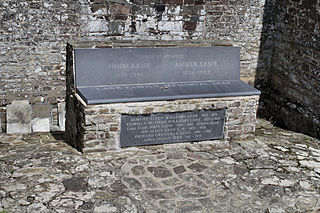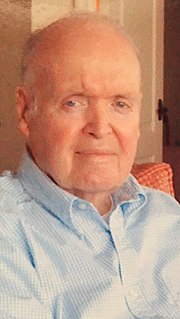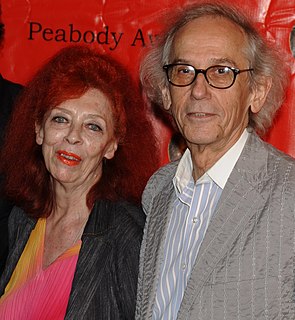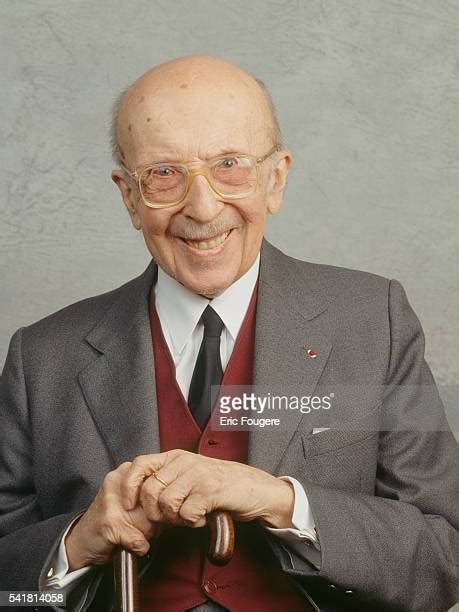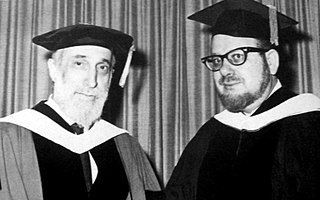A Quote by Pope Paul VI
There are those who ask what authority, what theological qualification, the Council intended to give to its teachings, knowing that it avoided issuing solemn dogmatic definitions backed by the Church's infallible teaching authority. The answer is known by those who remember the conciliar declaration of March 6, 1964, repeated on November 16, 1964. In view of the pastoral nature of the Council, it avoided proclaiming in an extraordinary manner any dogmata carrying the mark of infallibility.
Quote Topics
Related Quotes
The entire force of the Conciliar revolt comes from the fact that it has apparently been imposed by the authority of the Church. How many bishops, priests, religious, and laymen, would have swallowed the lies of the heretics if they had not believed themselves bound to do so by the voice of Christ's Vicar on earth? Questioning the authority of these men renders their revolution of doubtful authenticity.
Francis seems familiar because Catholics have already known him in the Vatican II priests who have been their pastors and sacramental ministers over the years since that council brought new life to an old church. Catholics have known him in the bishops and priests who brought the spirit of the council to their dioceses and parishes.
My duty as a member of the Council of the Twelve is to protect what is most unique about the LDS church, namely the authority of priesthood, testimony regarding the restoration of the gospel, and the divine mission of the Savior. Everything may be sacrificed in order to maintain the integrity of those essential facts. Thus, if Mormon Enigma reveals information that is detrimental to the reputation of Joseph Smith, then it is necessary to try to limit its influence and that of its authors.
As to those other things which we hold on the authority, not of Scripture, but of tradition, and which are observed throughout the whole world, it may be understood that they are held as approved and instituted either by the apostles themselves, or by plenary Councils, whose authority in the Church is most useful, e.g. the annual commemoration, by special solemnities, of the Lord's passion, resurrection, and ascension, and of the descent of the Holy Spirit from heaven, and whatever else is in like manner observed by the whole Church wherever it has been established.
In a culture of technique, we often confuse authority with power, but the two are not the same. Power works from the outside in, but authority works from the inside out. . . . I am painfully aware of the times in my own teaching when I lose touch with my inner teacher and therefore with my own authority. In those times I try to gain power by barricading myself behind the podium and my status while wielding the threat of grades. . . . Authority comes as I reclaim my identity and integrity, remembering my selfhood and my sense of vocation.
The Talmud derives its authority from the position held by the ancient (Pharisee) academies. The teachers of those academies, both of Babylonia and of Palestine, were considered the rightful successors of the older Sanhedrin...At the present time, the Jewish people have no living central authority comparable in status to the ancient Sanhedrins or the later academies. Therefore, any decision regarding the Jewish religion must be based on the Talmud as the final resume of the teaching of those authorities when they existed.
Contrary to the claims of the supporters of the Civil Rights Act of 1964 and the sponsors of H.Res. 676, the Civil Rights Act of 1964 did not improve race relations or enhance freedom. Instead, the forced integration dictated by the Civil Rights Act of 1964 increased racial tensions while diminishing individual liberty.
Malcolm X broke with the N.O.I. in March 1964, and in that last 11 chaotic months, he spent most of the time outside of the United States. Nevertheless, he built two organizations in the spring of 1964. First, Muslim Mosque Incorporated, which was a religious organization that was largely based on members of the N.O.I. who left with him. It was spearheaded by James 67X or James Shabazz, who was his chief of staff. Then secondly was the Organization of Afro-American Unity.


